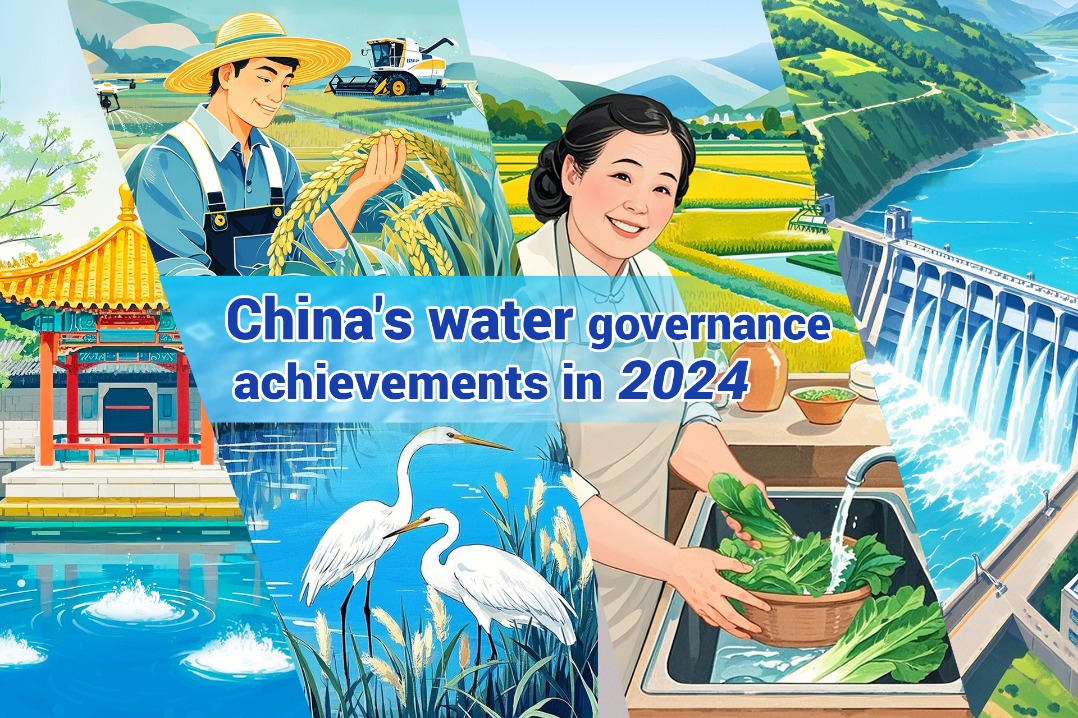Shorter session for top advisory body


The annual session of China's top political advisory body will open on Thursday in Beijing and last for six-and-a-half instead of the usual 10 days, a spokesman said on Wednesday.
The decision was made given the requirements of COVID-19 prevention and control and the experience of last year's session, Guo Weimin, spokesman for the fourth session of the 13th National Committee of the Chinese People's Political Consultative Conference, said at a news conference on Wednesday.
Customarily, the CPPCC National Committee starts its annual meeting on March 3, and the National People's Congress on March 5, with each lasting for 10 days. About 3,000 national legislators and around 2,100 national political advisers are gathering in Beijing to review work reports of the central government and put forward suggestions on major tasks.
The country's biggest annual political event-the two sessions-was postponed last year from March to May as more focused efforts were needed to fight COVID-19 at the beginning of the year.
Guo said that last year's session was held in the form of online and offline meetings and had a shorter duration, fewer staff members and more streamlined documents.
"It was a great success and was praised by all sectors of society," he said.
Guo said that further improvements will be made this year and the session will be optimized to enhance its efficiency and quality, in order to give full play to the role of plenary sessions as the highest form of political consultation.
Further innovative measures will be introduced to ensure more practical and efficient meetings, he said.
The spokesman said that facing many challenges such as a shorter period between last year's and this year's session and the inability to hold many offline activities due to the pandemic, the CPPCC National Committee intensified its consultative work.
Over the year, the CPPCC National Committee held 23 consultative meetings, organized 80 inspection and survey tours, submitted more than 7,500 items of information to related departments and submitted about 5,900 proposals raised by its members, Guo said.
"The proposals by national political advisers were well dealt with last year, with innovative methods and improved quality, overcoming the impact of the pandemic," he said.
Guo said that multiparty cooperation and political consultation under the leadership of the Communist Party of China is the basic system of China, and it has unique strengths and distinctive features.
It can truly represent the fundamental interests of the people, unite all political parties and people without party affiliation to work for a common goal and pool opinions and suggestions to make decision-making more scientific and democratic, he said.
He called on national political advisers to further fulfill their dual responsibility of offering suggestions and building consensus to contribute to the modernization of China's system and capacity for governance.
- Data shows China's water governance achievements
- Notable progress in China's water management
- All-China Women's Federation sends much-needed relief supplies to Xizang
- More aftershocks expected following deadly Xizang earthquake
- HKSAR chief executive mourns victims of Xizang 6.8-magnitude quake
- Milestones in China's high-speed railway development





































